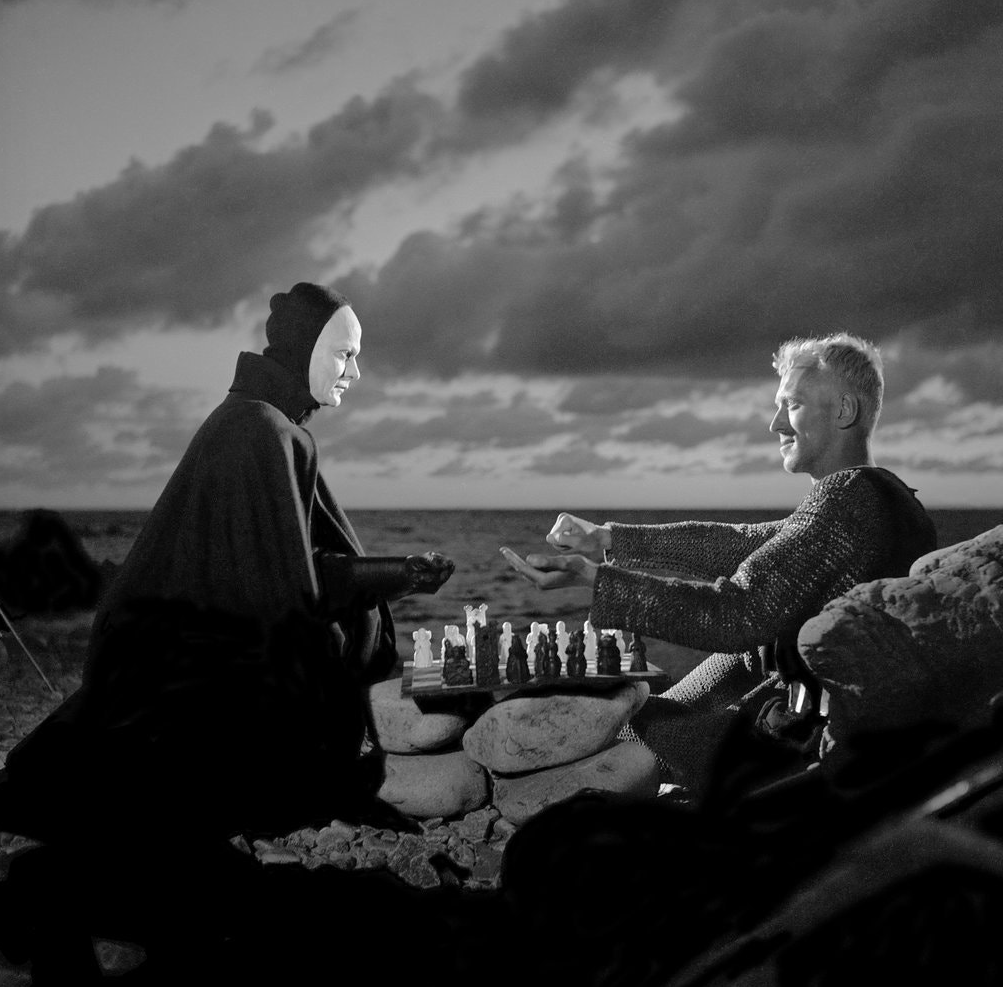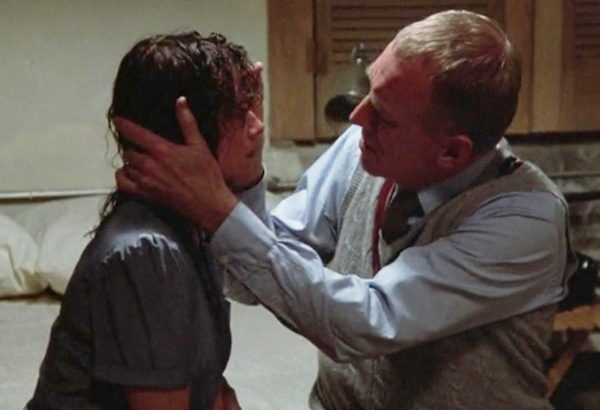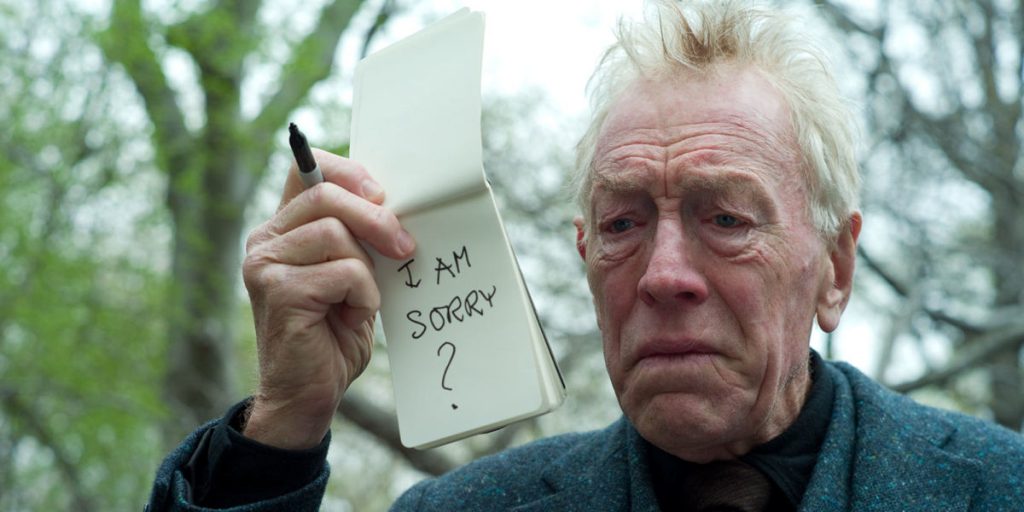Max von Sydow, a powerhouse actor known for the craft he displayed in the films of Ingmar Bergman (1918-2007), as well as for popular performances in a host of Hollywood productions, died Sunday at 90.
His death was confirmed by his widow, Catherine, but a cause was not given.
Von Sydow was born into affluence on April 10, 1929, in Lund, Sweden. His attraction to performing came early, in primary school, and he went on to study acting at the Dramaten in Stockholm from 1948-1951.
He made his film debut while a student, in Alf Sjöberg's (1903-1980) Bara en mor/Only a Mother (1949) and Fröken Julie/Miss Julie (1951). With a final film, Echoes of the Past, still in post-production, his screen career stretched past 70 years.

The iconic trajectory of his career was set in motion in 1955, when he met Bergman, who would become a friend, a mentor and an artistic collaborator who cast him in 11 films. Among his work with Bergman: the classics Det sjunde inseglet/The Seventh Seal (1957), in which von Sydow's character Antonius Block is shown playing chess with Death (Bengt Ekerot, 1920-1971), Smultronstället/Wild Strawberries (1957) and Jungfrukällan/The Virgin Spring (1960).
Before his death, Bergman told von Sydow he'd been “the first and the best Stradivarius that I have ever had in my hands.”
Bergman was a tremendous influence on Woody Allen (b. 1935), who would later use von Sydow to great effect in Hannah and Her Sisters (1986).

Also a prolific stage presence during the '50s and '60s, the strapping actor was brought to Hollywood — where he would experience effortless success while never forsaking his roots — only after some hesitation on his part. Playing the titular villain in Dr. No (1962) was not enough to get him there, but playing Jesus Christ in The Greatest Story Ever Told (1965) was too much to resist.
Continuing his work in Sweden, he made his mark in Hollywood in a string of well-known works, including Hawaii (1966; Golden Globe nomination), The Quiller Memorandum (1966), The Kremlin Letter (1969), The Emigrants (1971), The Exorcist (1973; Golden Globe nomination) and Three Days of the Condor (1975).
American directors usually envisioned him as a villain — we are suckers for accents — leading him to admit, “I wish I could have a wider choice of roles in American productions.”

This limited vision of him as a villain meant that for every prestige project, he also popped up in a popcorn movie for the masses, often as a baddie, including Flash Gordon (1980), Conan the Barbarian (1982), Never Say Never Again (1983) and Dune (1984).
It was perhaps the American film industry's over-reliance on him as the heavy that meant he was destined to be admired for his work, but rarely to win awards for it.
In 1987, his performance in the Danish film Pelle erövraren/Pelle the Conqueror led the film to win the Oscar for Best Foreign Language Film, but only netted him his first nomination for Best Actor.
His career continued at full pace for the rest of his life, and more often than not — including forays into television — he was cast for his gravitas and gave performances of quiet depth and distinction, including the acclaimed TV movie Red King, White Knight (1990; Emmy nomination), Hamsun (1997), Snow Falling on Cedars (1999) and in such crowd-pleasing efforts as Minority Report (2002), The Diving Bell and the Butterfly (2007), The Tudors (2009), Shutter Island (2010), Robin Hood (2010), Extremely Loud & Incredibly Close (2012; second and final Oscar nomination), Star Wars: The Force Awakens (2015) and on Season 6 of Game of Thrones (2016).

As serious as he was, he was not without good humor, gamely providing a voice performance to The Simpsons in 2014.
His only attempt at directing, the 1988 Danish-Swedish drama Katinka, won Best Film and Best Director at the Guldbagge Awards. His two appearances on Broadway — in The Night of the Tribades (1977) and Duet for One (1981) — had short runs.
Married twice, von Sydow is survived by wife Catherine, to whom he'd been married since 1997, and by his sons Clas and Henrik from his first marriage, to actress Christina Olin (1926-1998).





